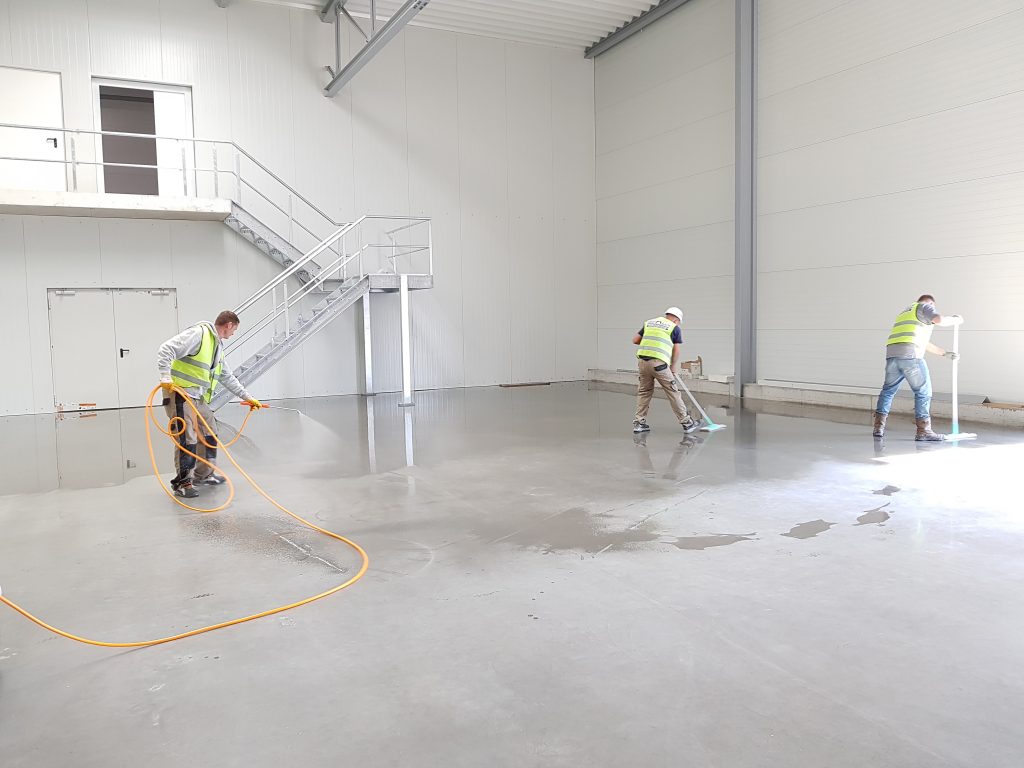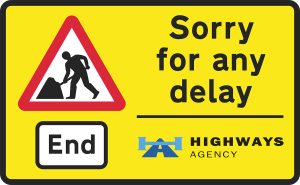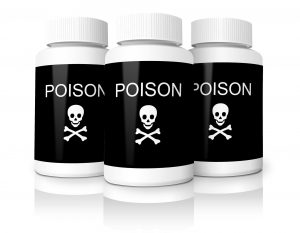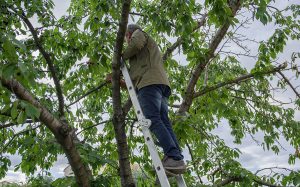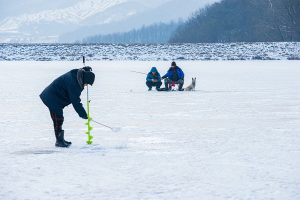In the workplace, ‘good housekeeping’ is the term used for keeping worksites clean, neat, and free of hazards that can cause injury. This isn’t just a matter of appearances – it’s a serious safety issue. A business can easily earn OSHA’s “seal of disapproval” – a citation for safety standard violations – for failure to practice good housekeeping in keeping their worksites clean. In fact, in one recent year, OSHA issued more than 1,100 citations for violations of Subpart D (“Walking and Working Surfaces”), which includes the housekeeping rules. Penalties for these violations totaled more than $550,000. Enforcing good housekeeping practices helps encourage employees to maintain alertness to hazards and a good “safety attitude.”
Housekeeping is everyone’s job, every worker, every trade, and every supervisor, and is something that must be done on a continuous basis. To help prevent potentially dangerous and sometimes deadly slips, trips and falls, here are eight simple tips you can put in practice to keep your worksites safe and employees secure:
- Start your day by planning your work.
- Institute a routine cleaning schedule
- Always clean up after yourself; don’t assume someone else will clean your work area.
- Clean up all oil spills as soon as possible to minimize spreading.
- If you see trash and debris, dispose of it properly or place it where it will not pose a hazard to others.
- Keep your work area clean throughout the day; This will minimize the amount of time needed to clean a “larger mess” at the end of the day.
- Always get rid of combustibles and flammables properly; If improperly discarded, they will increase the potential for a fire.
- Stack materials and supplies in an orderly manner and secure them so they won’t topple.

